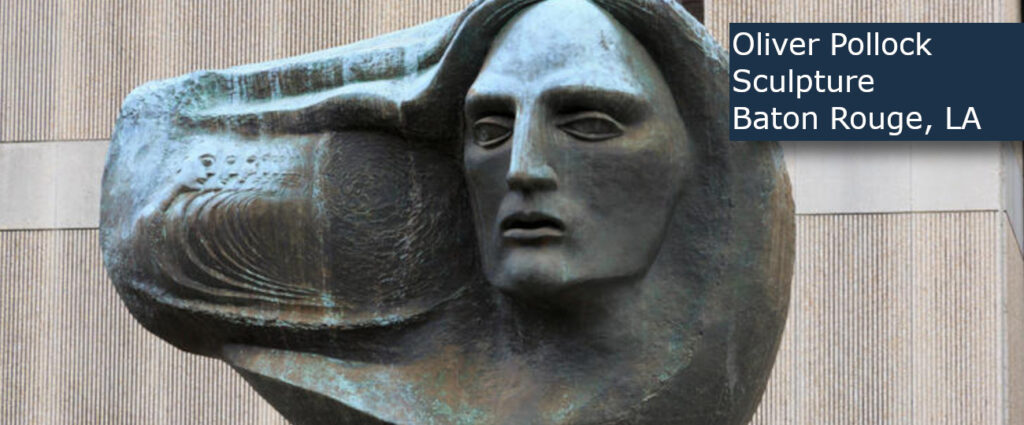Our chapter, proudly named after Oliver Pollock, pays homage to a remarkable historical figure with deep Louisiana roots. Oliver Pollock (1737–1823) was not only a merchant and financier during the American Revolutionary War but also a key player in shaping the destiny of the young United States.
Pollock arrived in North America from Ireland at the age of 23, making his way to Philadelphia. Settling in Cumberland County, Pennsylvania, he embarked on a career as a merchant, engaging in trade with the Spaniards in the West Indies. His close relationship with Governor-General Alejandro O’Reilly opened doors for him within Spanish Louisiana, granting him the privilege of free trade in New Orleans. Pollock’s success as a businessman was fueled by the scarcity of provisions during that time, and he played a crucial role in ensuring much-needed flour reached the city.

But it was in Louisiana that Pollock truly left his mark. By the outbreak of the American Revolutionary War, he had amassed significant wealth and political influence. Remaining in New Orleans, he also dabbled in plantation ownership and land sales in Baton Rouge. His Louisiana connections ran deep, and he became a respected figure in the region.
During the war, Pollock’s diplomatic efforts were pivotal. He served as a secret mediator between Luis de Unzaga and Founding Fathers Patrick Henry and Robert Morris, facilitating the first secret aid for the birth of the United States of America. In 1777, he became the “commercial agent of the United States at New Orleans,” representing the colonies in the city. Pollock’s financial support helped fund American operations in the west, including General George Rogers Clark’s successful campaign in Illinois.
Despite facing financial challenges due to debts incurred from funding the war efforts, Pollock’s commitment to the cause never wavered. Congress finally discharged these debts in 1791. He later accumulated property, including plantation land in West Feliciana Parish, Louisiana. In 1819, he retired to Pinckneyville, Mississippi, where he passed away in 1823. Although his portraits and personal effects were lost in a fire during the Civil War, his legacy endures as a Louisiana patriot and a key figure in American history.

